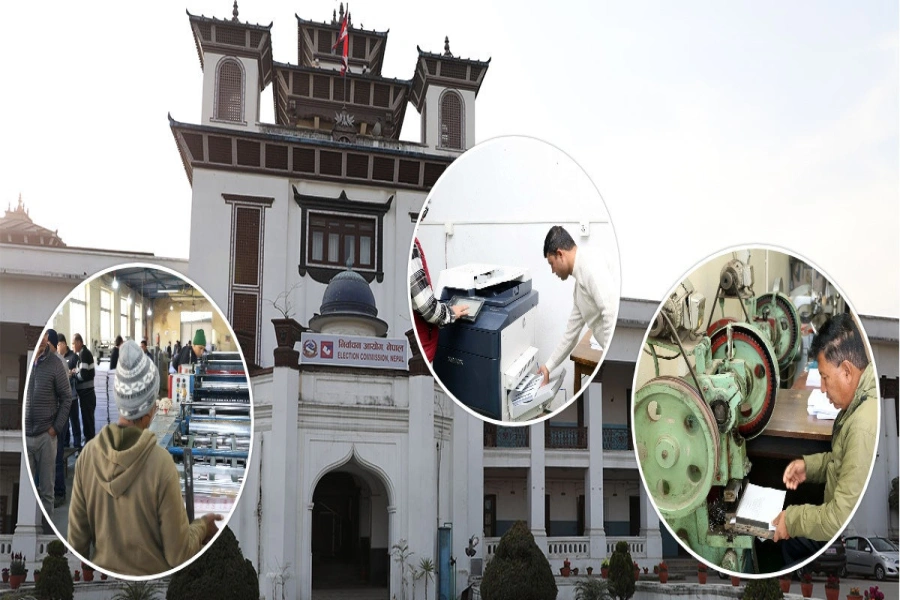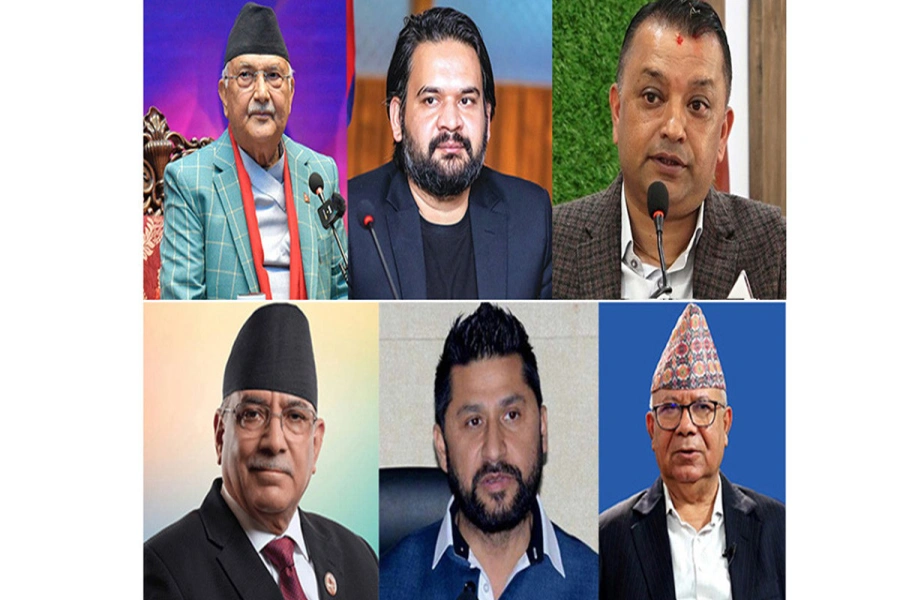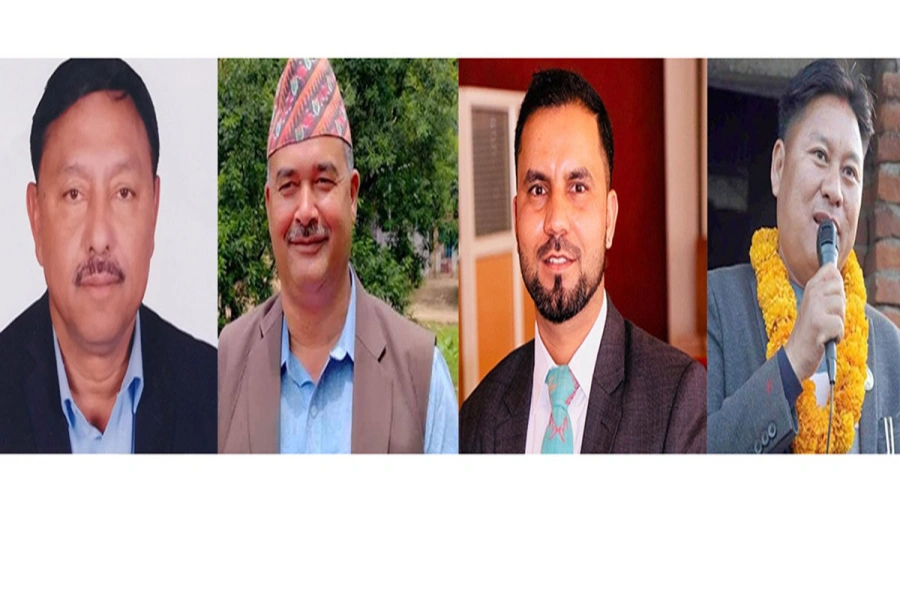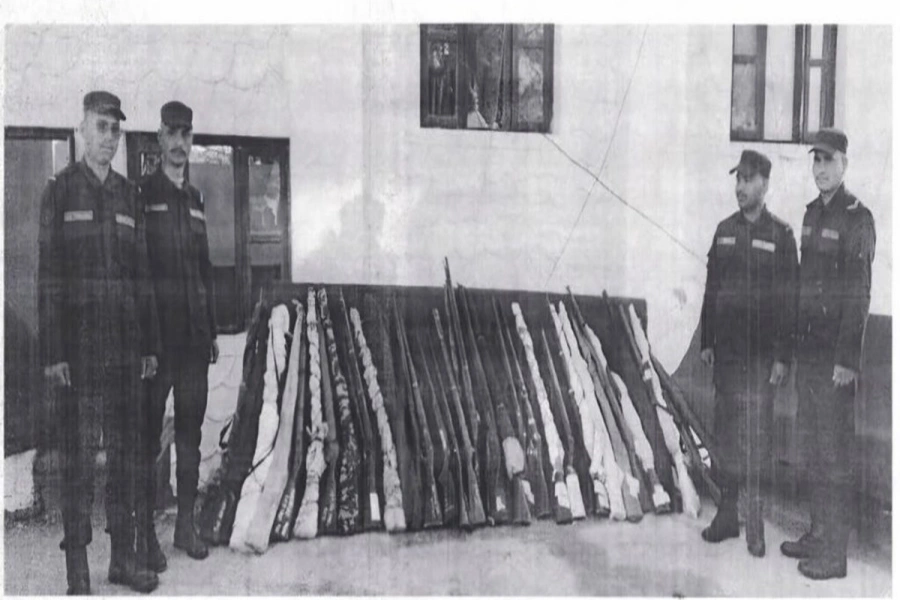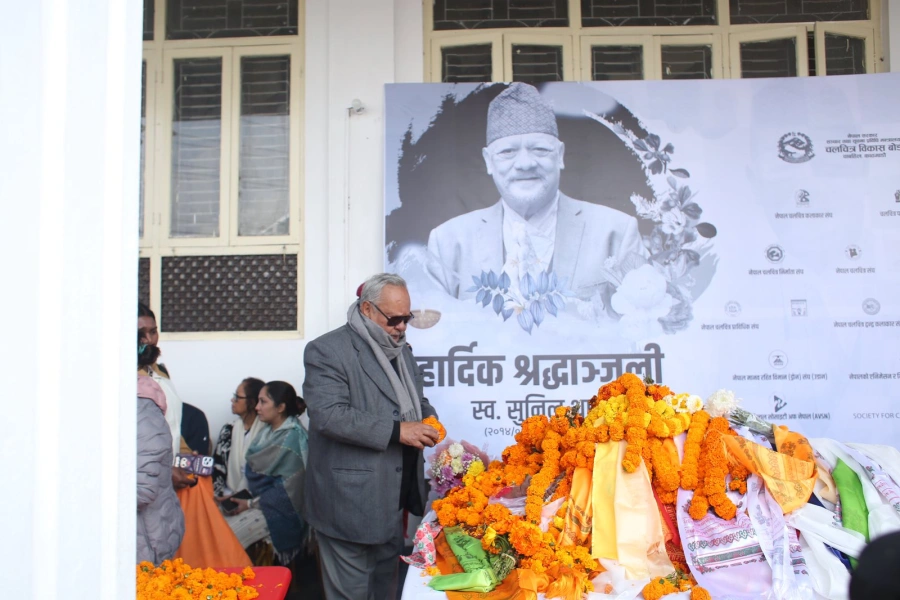The ‘One Belt, One Road’ is a multifaceted scheme to replace Washington Consensus with Beijing Consensus
In a tribute to the chutzpah of Donald Trump during political campaigns for US presidency in 2016, Oxford Dictionaries declared ‘post-truth’ as the international word of the year. The term is defined as an adjective relating to circumstances in which objective facts are less influential in shaping public opinion than emotional appeals. Post-truth has always been the only ‘truth’ of xenophobic nationalism, but it needs a person of significant stature for custodians of English language to sit up and take notice.
For 2017, gatekeepers of global lingua franca might as well do away with the hassle of preparing a shortlist. The abbreviation ‘OBOR’ has to be the winner because President Xi Jinping, the ‘Core Leader’ of the Chinese Communist Party and arguably the most influential person of the contemporary world, is backing it with a trillion-dollar deal. The term has already been endorsed by a galaxy of leaders from more than 100 countries that assembled in Beijing in mid-May. The global media is mesmerized—no geostrategic move as dazzling as this enterprise has ever happened during peace time in human history.
The League of Nations, the United Nations, and the Bretton Woods System are post-war structures.
Washington Consensus emerged to institutionalize free-market fundamentalism through LPG (liberalization, privatization and globalization) prescriptions after the suspension of Cold War.
All these initiatives of the twentieth century did have wide coverage and were backed by the dominant global power of the time—the United States of America. However, at least an appearance of collaborative effort was the defining feature of all such moves. The Bush II euphemism for naked invasion of Iraq—‘coalition of the willing’—was clearly a sham, but the US at least made attempts to hide its belligerent intentions behind a volley of verbiage. The Chinese have little time or patience for niceties of quaint diplomacy.
Befitting the status of the Paramount Leader of the Celestial Empire and not just any other Merkel, Trump or May that will have to fade into oblivion at the end of their term, President Xi has crafted OBOR in imperial fashion. Any country not joining the journey is tantamount to accepting its own insignificance in the New World Order being built around the Belt and Road Initiative (BRI), Asian Infrastructure Investment Bank (AIIB), the Silk Road Fund and several other enticing offers with the seed capital of at least one trillion dollar of the Chinese money.
In the film version of Mario Puzo’s The Godfather, Marlon Brando in his iconic character as Don Vito Corleone made the phrase ‘I will make him an offer he can’t refuse’ immortal. Despite reference to a proposal to be made, there is no hint of benevolence or threat in the sentence. Yet, ominous connotations of the stark expression are unmistakable. If ‘obor’, in all lowercase, does indeed make it to the Oxford Dictionaries this year, it will have to be a verb with much stronger but silkier and more persuasive implications.
The Indian government chose to ignore the call from Beijing, but remorseful pundits in New Delhi have already begun to moan that a wonderful opportunity to get on the gravy train of second wave of globalization has been lost. Singh Durbar, however, was ‘obored’ into joining the imperial project as tertiary partner.
With an India-locked location, insignificant resource base, challenging terrain, and a relatively small market, Nepal is peripheral to the core objectives of either the Land Belt to Eurasia being envisaged with a network of railways and highways or the Maritime Silk Road through the Indian Ocean towards Central Asia and Africa. But Singh Durbar’s support bolsters China’s claim of being the preeminent driver of economic transformation in South Asia, a region that the Indian establishment had long considered to be its area of influence. Unintended consequences of Kathmandu’s compulsions are impossible to contemplate at this stage, but Indian resentment will probably exact a price without commensurate benefit from the Chinese side.
Quasi sovereign
In practical terms, political sovereignty is a nebulous concept even at its clearest formulation. It refers to the power of taking independent decision without any concern for events outside of the realm or any external interference. Historically, such a power has been a privilege bestowed upon the Sovereign by the Mandate of Heaven. No other earthling had any right to mess with such heavenly-endowed powers.
Sovereignty then became a matter of right for politically organized communities that flaunted its authority to protect territorial integrity, economic freedom and cultural identity. The entire global structure till the end of Cold War was based upon inviolability of political sovereignty. In practice, however, countries with sweeter carrots and bigger sticks have always held sway over others.
With the emergence of flailing states, responsibility has been added to the idea of sovereignty of countries deemed independent under international law. In ‘sovereignty as a responsibility’ doctrine, independent countries exercise their authority under explicit or implicit contractual relationship with their citizen.
The compact requires that the state deliver physical goods and services (personal safety and human security; health and education; equitable economic opportunities; good governance; law and order; and provision of adequate infrastructure such as transport and communications) in lieu of loyalty of its citizens and faith of other residents within its territory. Fulfillment of international commitments comes next.
A state begins to falter and ultimately fails when it can’t keep its side of the bargain and people are forced to look for alternative avenues for the satisfaction of their fundamental needs. Failure of states, however, can pose severe threat to existing global order. Hence, it’s in the interest of the powerful countries to keep flailing states propped up with dollops of aid and security assistance.
International aid and trade, however, isn’t a philanthropic exercise. Every paisa received in assistance has to be paid back by way of service to the strategic goals of the provider.
Quibbling over Indian interference in domestic affairs has been the national pastime of Nepal for a long time. On the contrary, complains about the US or other Western countries not taking enough interest is equally commonplace. With the Chinese, most Nepalis seem to be under the impression that the Dragon is a compassionate creature that will protect it from all ills for all times to come. Little wonder, Nepal swears by its ‘One China’ policy even when wholly unnecessary and Nepali politicos, diplomats, mediapersons and stalwarts of the civil society fall over each other in pledging loyalty to Beijing without being asked.
In anything that concerns the Chinese even in an indirect manner, Nepal limits its sovereign authority by itself. The greatest living Buddhist in the world is forbidden from meditating—let alone delivering sermons—at the birthplace of Buddha. Unbeknownst to headquarters in Kathmandu, law enforcement agencies along Nepal-Tibet border routinely handover anyone suspected to be a refugee to the Chinese authorities.
A China connection in the diplomatic wrangling over Chinook Helicopters that were sent to Nepal for rescue efforts in the wake of Gorkha Earthquakes is difficult to establish, but it seems quite unlikely that Singh Durbar made the British exchequer suffer a loss of over £1million for nothing on its own accord. Since the early noughties, often a discreet call from one palace of Baluwatar to another has been enough to constrict Nepal’s sovereignty.
Nepal is tertiary to the central concerns of the Celestial Empire. It doesn’t have much to contribute to the monumental effort; consequently, benefits that may accrue will also be marginal. The Chinese will do what they want to do, Indians will respond by doing what they have to do, and Nepal will have to learn to live with their decisions without shouting too hoarse about being caught in the middle.
Nepal's joining OBOR will encourage India to do likewise: Chine...

Dragon dance
Apocryphally attributed to Napoleon Bonaparte, the truism of the axiom—‘China is a sleeping giant. Let her sleep, for when she wakes up, she will shake the world’—began to unfold when the Chinese funds kept the world economy humming after the banking collapse of 2008.
The ‘One Belt, One Road’ is multifaceted scheme to replace Washington Consensus with Beijing Consensus. A geostrategic plan, it wants to fashion fresh geopolitical alignments, create a new geo-economic structure and change the global balance of power with the Celestial Empire at the center of the world in the twenty-first century. In case Lhasa-Kathmandu railway is ‘obored’, it will be despite Nepal’s indifference, not because of its efforts.



